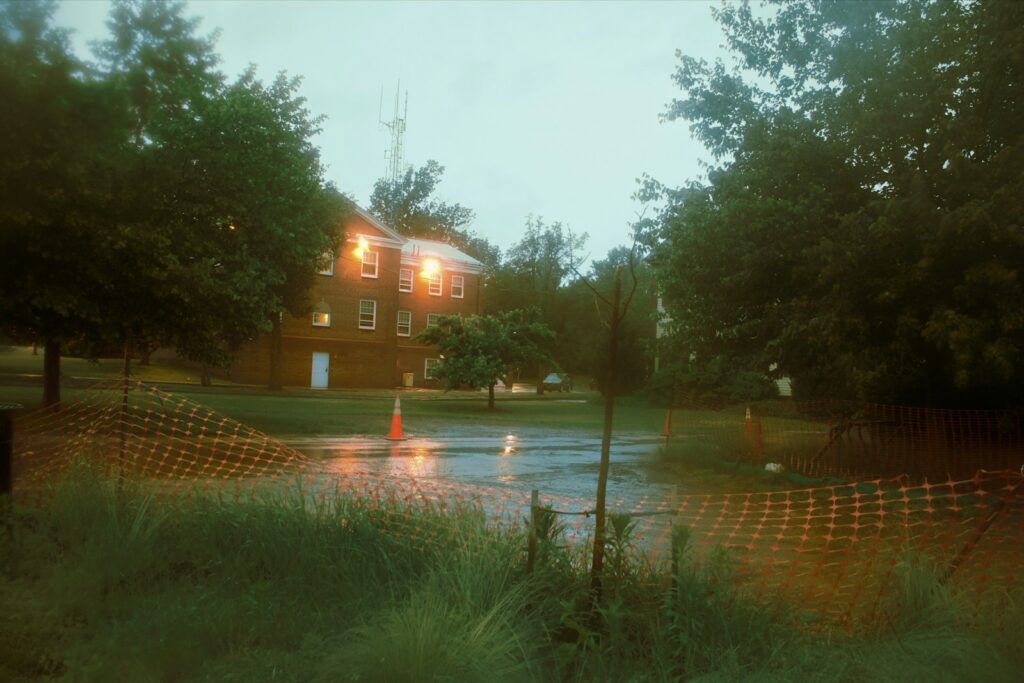The report says that without action to increase the supply, reduce demand and cut down on wastage, many areas in England could see ‘significant’ supply deficits by 2050.
The report highlights levels of water abstraction, leakage from water companies (currently estimated at 3 billion litres per day), and demand from industry and the public as three of the issues to tackle in order to protect the water environment.
The report reveals that current levels of water abstraction are unsustainable in more than a quarter of groundwaters and one-fifth of rivers, leading to reduced flows which could damage local ecology and wildlife.
Previously, unsustainable abstraction has prevented up to 15% of rivers meeting good ecological status.
Last year the Government announced a plan for abstraction reform which will review existing licences and introduce more controls to protect water resources. The Environment Agency has started work in four priority catchments to test out new licensing approaches to help meet local demand.
Of the water taken from freshwater sources over half (55%) is abstracted by water companies for public water supply and more than a third (36%) is used for electricity supply and other industries. The Environment Agency has urged water companies to pursue ambitious water resource management plans and called on industry to play its part to find ways to use water more efficiently.
Emma Howard Boyd, chair of the Environment Agency said: ‘We need to change our attitudes to water use. It is the most fundamental thing needed to ensure a healthy environment but we are taking too much of it and have to work together to manage this precious resource.
‘Industry must innovate and change behaviours in order to reduce demand and cut down on wastage – and we all have a duty to use water more wisely at home.
‘With demand on the rise, water companies must invest more in infrastructure to address leakage instead of relying on abstraction and the natural environment to make up this shortfall.’
The Government’s 25-year environment plan set out an ambition to reduce individual water use, on average 140 litres per person each day, by working with industry to set a personal consumption target.
Jonathan Farr, WaterAid’s senior policy analyst on water security and climate change, said:
‘This report demonstrates that the UK is not immune to the water scarcity issues we see in the places in which we work every day around the world. As seen earlier this year in Cape Town, no one can take water for granted, no matter where they live.
‘The good news is that by using water more carefully in our homes and gardens, and through the ongoing work of water utilities to address leakages, we can help to counteract this increasing water stress from population growth and the extreme weather caused by climate change.’
Read the report here












